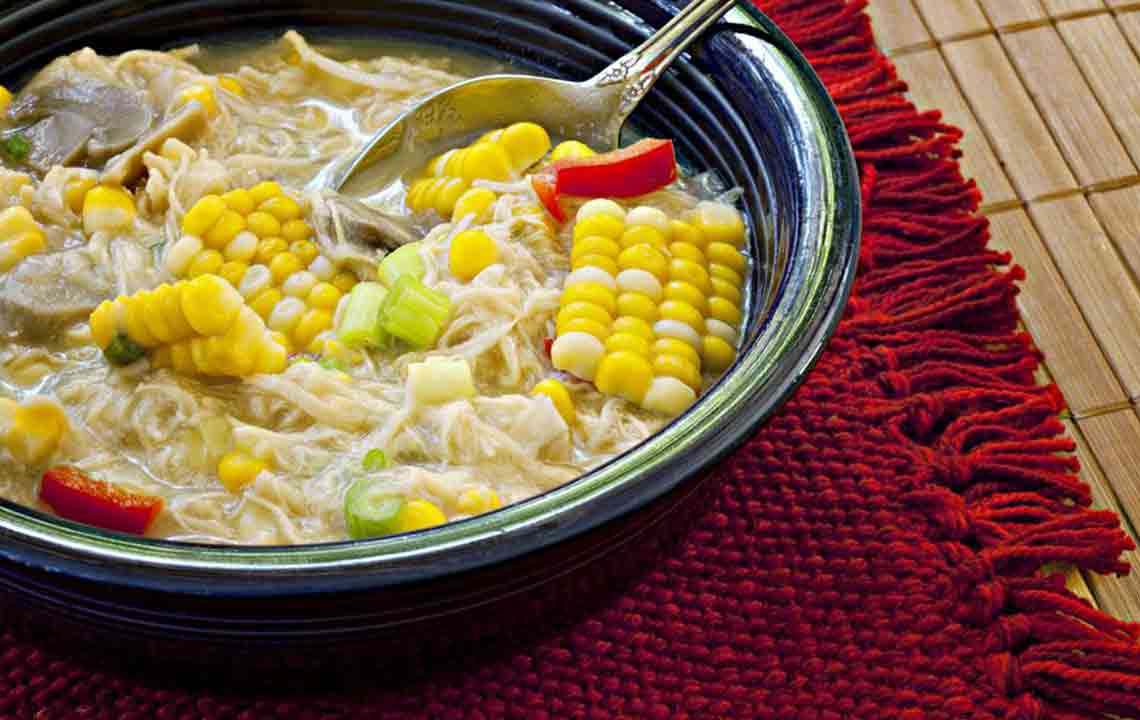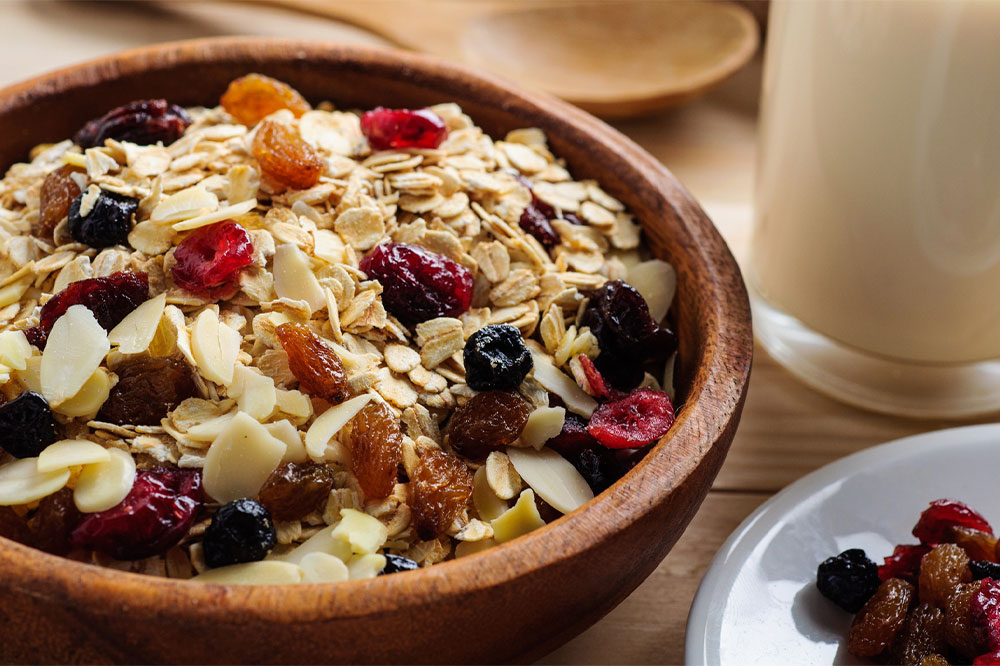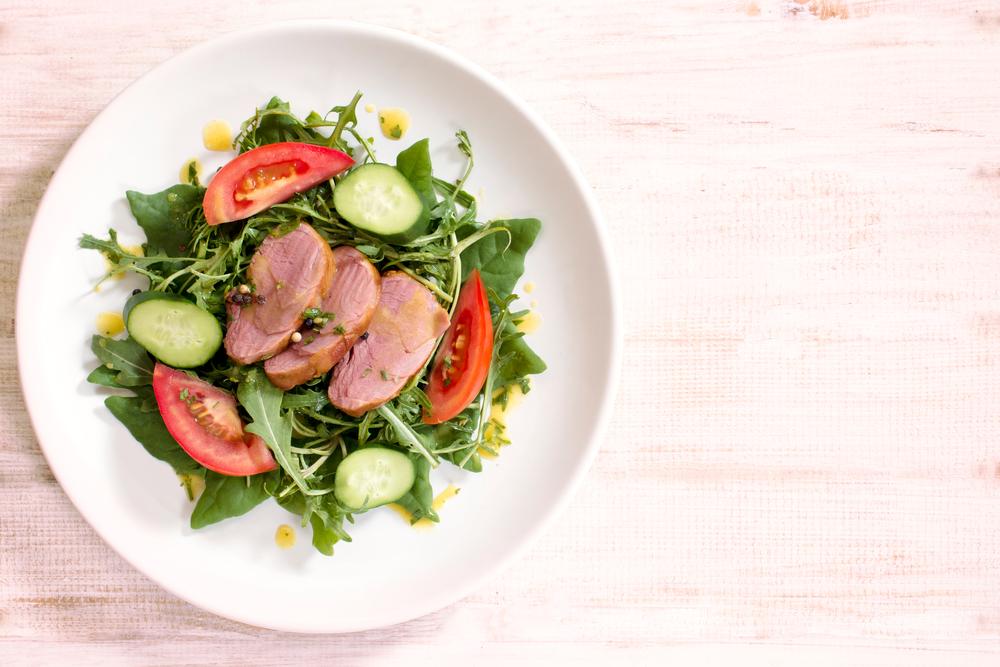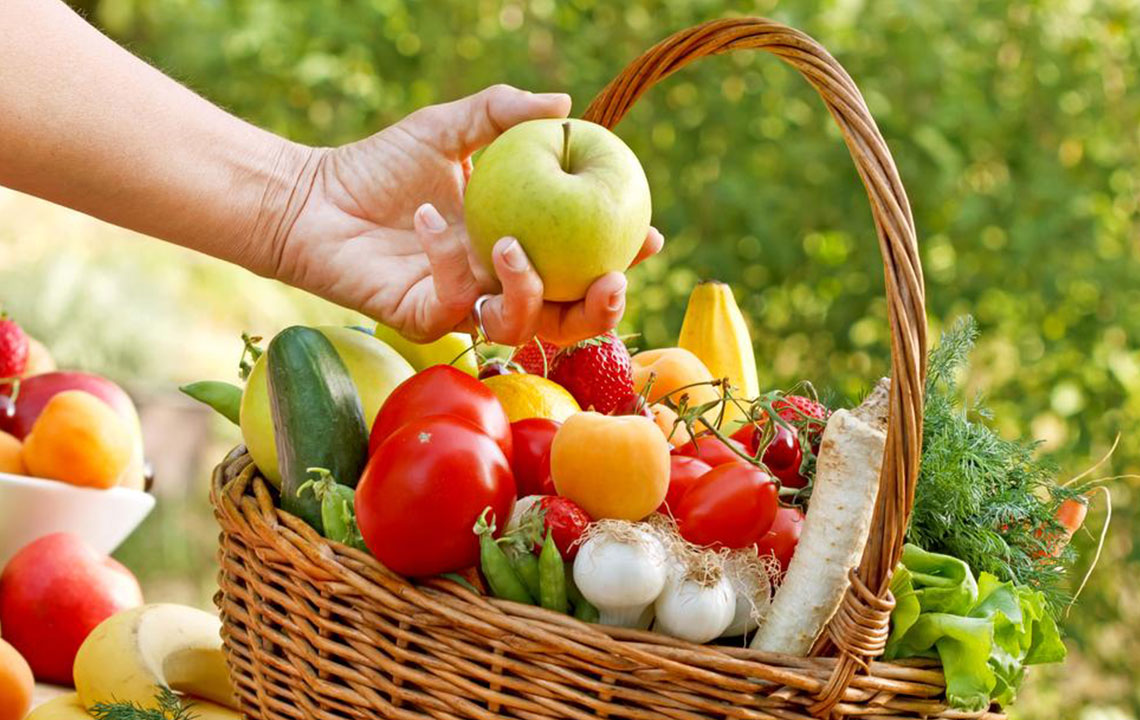Comprehensive Dietary Guidelines to Effectively Manage Ulcerative Colitis Symptoms
This comprehensive guide offers detailed dietary strategies to manage ulcerative colitis symptoms effectively, including recommended foods and foods to avoid. Personalized diet plans, hydration tips, and trigger management techniques are emphasized to help patients control flare-ups and improve overall gut health.

Essential Nutrition Strategies for Ulcerative Colitis Relief
Ulcerative colitis, a chronic inflammatory condition affecting the colon and rectum, is part of the broader category of inflammatory bowel diseases (IBD). This condition often presents with severe symptoms such as persistent abdominal pain, diarrhea, bleeding, weight loss, and fatigue, which can significantly impair quality of life. While medications are crucial in managing the disease, dietary management also plays a vital role in controlling symptoms, preventing flare-ups, and promoting overall health.
Understanding which foods to prioritize and which to avoid can empower patients to take an active role in their treatment. A tailored diet, considering individual tolerances and triggers, can minimize discomfort and improve the effectiveness of medical therapies. This comprehensive guide explores the dietary strategies that can help manage ulcerative colitis symptoms effectively, providing detailed insights into suitable foods, common triggers, and practical tips to maintain a balanced and gut-friendly diet.
Key Principles of a Colitis-Friendly Diet
Managing ulcerative colitis involves not just medication but also strategic dietary choices. The primary goals of a colitis-friendly diet are to reduce inflammation, support gut healing, prevent malnutrition, and avoid foods that could irritate the gastrointestinal tract. Each individual’s response to specific foods can vary, so personalized dietary plans are often necessary.
One of the fundamental principles is maintaining adequate hydration, especially during flare-ups when diarrhea can lead to dehydration. Additionally, focusing on nutrient-dense foods helps compensate for nutrient losses and supports immune function and tissue repair. Understanding the balance between avoiding irritants and ensuring nutritional adequacy is key to successful dietary management.
Foods That Support Ulcerative Colitis Management
Choosing the right foods can alleviate symptoms and promote gut health. While individual responses differ, some foods are generally beneficial for people with ulcerative colitis due to their anti-inflammatory properties, ease of digestion, and nutritional value. Here are some of the most recommended options:
Avocado
Packed with healthy monounsaturated fats, vitamins, and minerals, avocados can provide gentle nutrition without aggravating inflammation. They are rich in antioxidants and fiber that can help support bowel health, especially in remission phases.
Applesauce
A smooth, easily digestible food that supplies vitamins and antioxidants. However, it is important to choose unsweetened varieties to limit added sugar, which can sometimes trigger symptoms.
Eggs
An excellent source of high-quality protein, eggs contain essential amino acids and omega-3 fatty acids that aid in reducing inflammation and supporting tissue repair. They are easy to prepare in various ways and tolerated by most individuals with colitis.
Squash (e.g., Zucchini, Butternut)
These vegetables are soft and low in fiber, making them suitable during flare-ups. They contain nutrients like vitamins A and C, supporting immune health, and are generally gentle on the digestive system.
Fatty Fish such as Salmon
Rich in omega-3 fatty acids, salmon and other oily fish possess anti-inflammatory properties that can help reduce bowel inflammation and promote overall health. Incorporating fish into your diet a few times per week can be beneficial.
Fermented Foods (Yogurt, Kefir, Sauerkraut)
These contain probiotics, beneficial bacteria that help restore and maintain gut microbiota balance. Initial consumption should be cautious and in small amounts to gauge tolerance, as some may experience bloating or discomfort.
Oatmeal
A comforting, easily digestible cereal that provides soluble fiber to support gut health without causing irritation. It can be fortified with gentle toppings like bananas or cooked fruit for added nutrition.
Maintaining proper hydration is also crucial, particularly to counteract the fluid loss associated with diarrhea and prevent dehydration. Drinking plenty of water, herbal teas, or electrolyte solutions can help maintain electrolyte balance and overall well-being.
Foods to Avoid to Minimize Flare-ups
While diet does not cause ulcerative colitis, certain foods and beverages can exacerbate symptoms and trigger flare-ups. Minimizing or avoiding these items during active disease phases can contribute significantly to symptom control:
Caffeine
Found in coffee, tea, chocolate, and some sodas, caffeine can stimulate the gut and increase diarrhea, leading to heightened discomfort.
Dairy Products
Especially problematic for individuals with lactose intolerance, dairy can cause bloating, cramps, and diarrhea. Lactose-free options or dairy substitutes may be better tolerated.
Alcohol
Alcohol can inflame the intestinal lining, interfere with medication absorption, and worsen symptoms, so reducing or eliminating alcohol intake is advisable.
Carbonated Beverages
These drinks often contain caffeine and artificial additives that can irritate the gastrointestinal tract and cause bloating and gas.
High-fiber Foods (Whole Grains, Nuts, Beans)
While fiber is generally healthy, during flare-ups it can cause cramping, increased bowel movements, and abdominal pain. Moderation or temporary restriction may be necessary.
Popcorn and Hard-to-Digest Snacks
These can cause blockages or discomfort in sensitive individuals due to their fibrous or hard nature.
Fatted Meats and Fatty Foods
Fatty cuts of meat, fried foods, and processed snacks can intensify symptoms and are harder to digest during active disease periods.
Nuts and Seeds
Their high fat and fiber content can cause bloating, cramps, and mechanical irritation; best avoided during flare-ups.
High-Fructose Foods
Items like honey, corn syrup, and certain fruit juices may contribute to gas and bloating.
Cruciferous Vegetables (Broccoli, Cabbage, Brussels Sprouts)
These vegetables produce gas and can cause bloating, especially during active inflammation.
Gluten-Containing Cereals
Wheat, barley, and rye may trigger symptoms in some individuals; oats should be introduced cautiously depending on tolerance.
Spicy Foods
Peppers, hot sauces, and heavily spiced dishes can worsen inflammation and irritate the digestive tract.
Sulfur-Rich Foods (Dried Fruits, Wine, Cured Meats)
These can cause acidity and exacerbate symptoms in sensitive individuals.
Implementing a food journal can be highly effective in identifying personal triggers. Tracking dietary intake alongside symptom patterns allows for tailored adjustments, fostering better management of ulcerative colitis. Regular consultations with a registered dietitian or healthcare provider can further optimize dietary strategies for sustained relief and improved quality of life.





